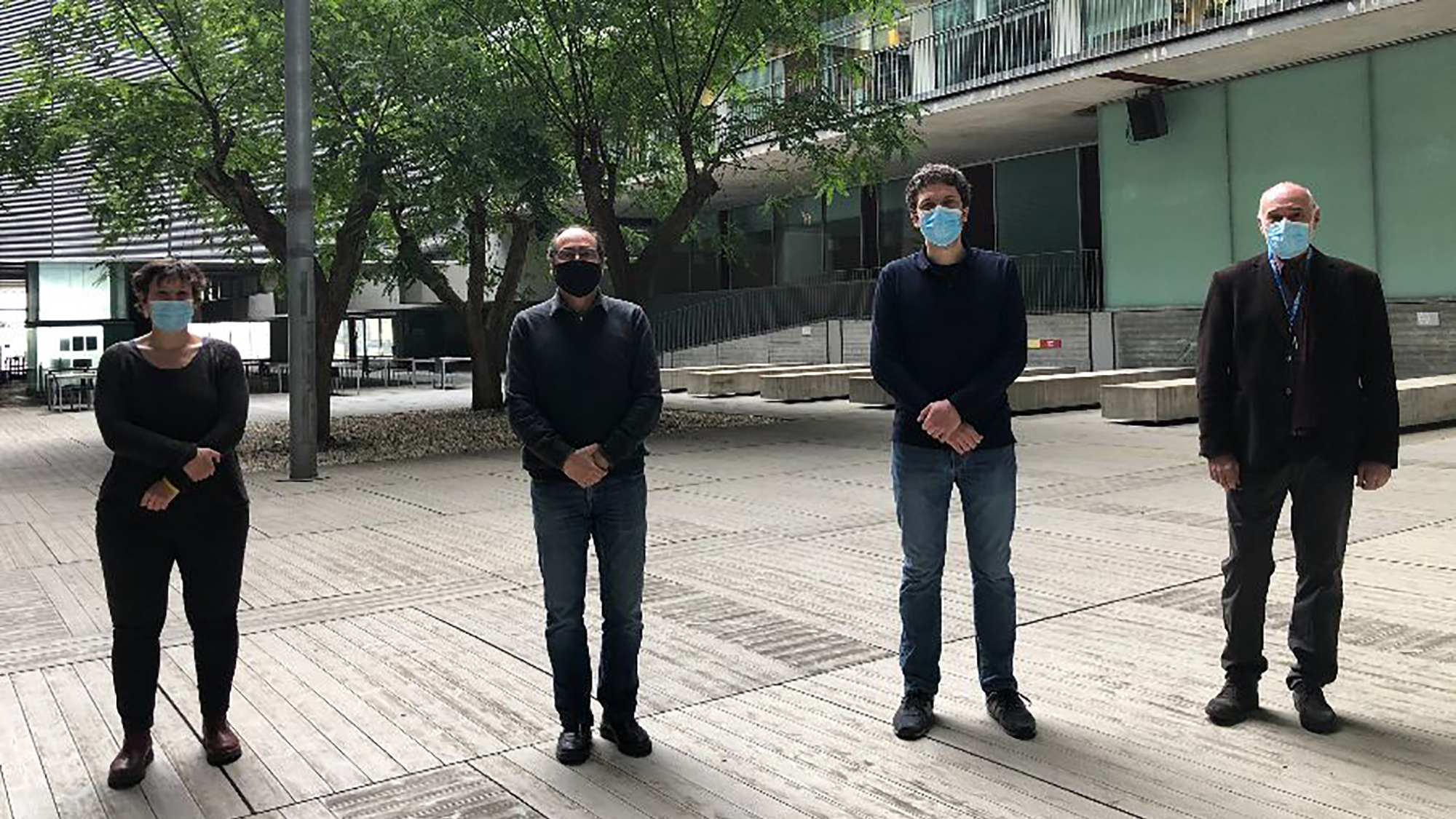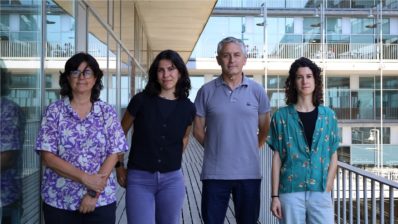Researchers from the Hospital del Mar Medical Research Institute (IMIM) have led two studies, carried out within the MINDCOVID project, where they interviewed more than 9000 professionals from eighteen hospitals throughout Spain on the personal impact of COVID-19 on their family, social and work environment during the first wave of the pandemic.
“After the first wave, 14.5% of Spanish health workers have a crippling mental disorder, with clear negative repercussions on their professional and social lives. This is a much higher prevalence than expected,” says Jordi Alonso, lead author of the first study.
Nursing assistants seemed to suffer the most, as well as professionals exposed to COVID-19 patients (80%), and those who have suffered from the disease (17.4%) or have had infected relatives.
The second study documents an active suicidal ideation prevalence of 3.5% during the first wave of the pandemic, compared to the estimated 0.7-0.9% for the general population prior to the pandemic.
“This is worrying, especially given the already increased risk of suicide among health professionals before the start of the pandemic”
A series of simulations showed that interventions that increase hospital readiness and reduce financial insecurity among health workers can lead to reductions in suicidal ideation of up to 75%.
The data show, according to the authors, the need for social efforts to prevent contagion and prevent health systems from being overwhelmed.
People at risk of dementia, also more affected
Another IMIM study also shows how, during the confinement, older people in pre-dementia stages experienced increased general psychological discomfort and symptoms of anxiety and depression, exceeding the pathological threshold.
The study, led by Rafael de la Torre, monitored sixteen people, between the ages of 60 and 80, participating in the PENSA study on the prevention of cognitive decline in stages prior to the onset of dementia.
Jordi Alonso et al. Mental Health Impact of the First Wave of COVID-19 Pandemic on Spanish Healthcare Workers: a Large Cross-sectional Survey. Epub ahead of print. Rev. Psiq. Salud Mental. 10.27.20220731; doi: https://doi.org/10.1016/j.rpsm.2020.12.001
Mortier P, Vilagut G, Ferrer M, et al. Thirty-day suicidal thoughts and behaviors among hospital workers during the first wave of the Spain COVID-19 outbreak. Depression and Anxiety. 2020;1-17. https://doi.org/10.1002/da.23129
Soldevila-Domenech N et al. Effects of COVID-19 Home Confinement on Mental Health in Individuals with Increased Risk of Alzheimer’s Disease. J Alzheimers Dis. 2020 Dec 31. doi: 10.3233/JAD-201408. Epub ahead of print. PMID: 33386809.






